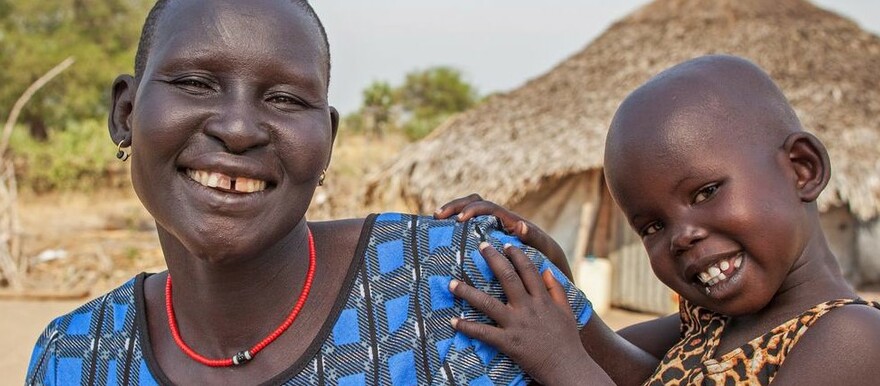The UN and partners on Thursday launched a $1.7 billion Humanitarian Response Plan (HRP) for South Sudan, to meet the needs of some 6.8 million vulnerable people this year.
“The cumulative and compounding effects of years of climate-related shocks such as flooding and drought, conflict and subnational violence have destroyed people’s homes and livelihoods, robbing them of the future they deserve,” said Sara Beysolow Nyanti, UN Humanitarian Coordinator for South Sudan.
Despite these challenges, “affected communities have continued to demonstrate a great sense of resilience, solidarity and creativity,” she added.
Ms. Nyanti urged the government, development partners, donors and humanitarian organizations, to match their solidarity with “unwavering support”.
This year, some 8.9 million people in South Sudan are estimated to be in need of humanitarian assistance.
The HRP will target 6.8 million of the most vulnerable in the country, where over two million people are displaced, many of them for years.
Humanitarians further estimate that 8.3 million people, including refugees, are expected to face severe food insecurity by the peak of the lean season, which runs from May to July.
Large scale flooding is also expected for a fourth year in a row, along with the destruction and displacement that accompanies it.
Ms Nyanti said the HRP reflects a commitment to protect vulnerable people, especially women and girls, the elderly, and those with ability challenges.
“Sexual and other forms of violence continue to be a major problem in South Sudan, thus, protection is at the centre of everything we do. A collective response to prevent and respond to violence, especially against women and girls, is essential,” she said.
She added, “Those who commit such crimes must be brought to justice, and humanitarians must continue to work with development and other partners to ensure the root causes of increasing humanitarian needs are addressed.”




